BRAIN POWER
LEARN TO IMPROVE
YOUR THINKING SKILLS
Karl Albrecht
is a management consultant, lecturer, and instructor at the University of California extension, San Diego. He works with business executives to increase organizational effectiveness through management teamwork, effective problem solving, and innovation.
A FIRESIDE BOOK
Published by Simon & Schuster
New York London Toronto Sydney Tokyo Singapore

FIRESIDE
Rockefeller Center
1230 Avenue of the Americas
New York, New York 10020
www.SimonandSchuster.com
Copyright 1980 by Prentice Hall Press
All rights reserved, including the right of reproduction
in whole or in part in any form.
Published in 1987 by Prentice Hall Press
Originally published by Prentice-Hall, Inc.
First Fireside Edition 1992
FIRESIDE and colophon are registered trademarks of
Simon & Schuster Inc.
Manufactured in the United States of America
29 30 28
Library of Congress Cataloging-in-Publication Data
Albrecht, Karl G.
Brain power.
Bibliography; p.
Includes index.
1. Thought and thinking.
2. Success.
I. Title.
BF455.A43 153.42 80-309
ISBN 0-671-76198-6
ISBN-13: 978-0-671-76198-1
ISBN-13: 978-1-439-18864-4
contents
preface
 Let us admit the case of the conservative : if we once start thinking, no one can guarantee when we shall come out; except that many ends, objects and institutions are doomed. Every thinker puts some portion of an apparently stable world in peril, and no one can wholly predict what will emerge in its place.
Let us admit the case of the conservative : if we once start thinking, no one can guarantee when we shall come out; except that many ends, objects and institutions are doomed. Every thinker puts some portion of an apparently stable world in peril, and no one can wholly predict what will emerge in its place.
JOHN DEWEY
George Bernard Shaw once remarked, Few people think more than two or three times a year. Ive made an international reputation for myself by thinking once or twice a week. Perhaps Shaw overstated the case a bit, but it certainly does seem that thinking as an individual human skill has received remarkably little attention in our society in general, and especially in our educational process.
That situation has now begun to change. New findings about the brain and its functions, newly developed practical techniques for teaching the skills of clear thinking, and an increasing interest in thinking among educators have brought us to the threshold of a potential revolution in our mental abilities. We can now make thinking a subject in itselfone we can analyze, organize, develop, learn, and teach. To my knowledge, this book represents the first real attempt to do that, by organizing a great deal of what we know about thinking into a comprehensive handbook of practical techniques.
By learning and applying the various concepts and techniques assembled here, you can
- Understand how your brain works and learn to use it more effectively.
- Think more clearly and logically; get to the heart of a confused situation and make sense of it.
- Solve problems and make decisions more effectively, using an organized approach based on a six-step thinking model; overcome decidophobia.
- Tune in more perceptively to what is going on around you; think on your feet in difficult or challenging situations; use your hunches more effectively.
- Free yourself from dogmatic thinking and mental rigidity; become more mentally flexible, open-minded, and adaptive; learn to understand various points of view; find the truly important factors in a situation; overcome opinionitis and change your mind when necessary.
- Think critically when necessary; recognize hogwash no matter how cleverly or misleadingly it comes packaged; think for yourself instead of having your responses manipulated by others.
- Maintain a healthy curiosity about your world and about ideas themselves; increase your interest and involvement with the world around you.
- Mobilize your skills for thinking creatively; come up with new, novel, and useful ideas by connecting available ideas together.
- Maintain a fully positive frame of mind and remain immune to the negativism that pervades so much of society; think positively and thereby maintain a high happiness level.
- Improve brain skills such as concentration, memory, visualization, and intuition.
This book makes a major contribution, I modestly believe, by establishing an extensive vocabulary of useful terms that help to define the subject of thinking. Virtually every subject of human studyhistory, music, finance, art, carpentry, politicshas its basic defining vocabularyterms that to a great extent shape the subject itself. Thinking has so far not had such a body of well-recognized terms, and so we havent really recognized it as a subject in its own right. These terms, italicized as they appear throughout the book, help to capture many of the concepts and techniques of thinking and to express them in easily understandable form.
I hope you will find the concepts and techniques presented in the following pages interesting, fun to learn, and above all useful. If any one of them serves you well in some specific situation, the book will have achieved its purpose. The more of them you can acquire and put to use, the more effective you will become as a thinkerthe more you will promote the triumph of reason over reflex.
special note to teachers
We are beginning to see a renaissance of interest in thinking, signaled by an unprecedented increase in sales of thinking games, books, and puzzles, use of microprocessors in teaching machines and electronic games, and in experimental classes in thinking offered in high schools, colleges, and university extensions. I believe this may become a large revolutiona virtual epidemic of interest in using the mind in all of its dimensions.
Teachers at all levels of the educational process can play a central part in helping it happen. I urge you as a teacher, whatever your subject, to learn the techniques presented in this book and to build as many of them as possible into your classroom activities. If youve a mind to do some pioneering, you can create a complete course in thinking within your institution. Ive arranged this book so it can serve as a practical textbook as well as a general interest book, in the hope that many teachers will do just that.
I also urge parents and students to contact the administrators of their schools about establishing thinking courses for students. Thinking as a subject for serious, practical study may turn out to be the greatestand most overdueeducational innovation of this century.
acknowledgments
At various points throughout this book, Ive interspersed quotations to emphasize or amplify important points. These brief observations, opinions, remarks, witticisms, and one-liners give us a rich and stimulating insight into the thought processes of other people, many of them well known.
In using quotes this way, a writer always faces the difficult and ambiguous problem of attributiondid so-and-so actually say such-and-such? Did he or she really say it first? And did he or she actually say it quite that way? When someone expresses an important idea in a well-turned phrase, others naturally pick it up, make use of it, and pass it on. As they circulate, these quotes unfortunately quite often get separated from the names of their originators. As they go from person to person, the wording often shifts as well, under the influence of selective memory and an occasional attempt to improve upon them. In some cases, there may be substantial question about whether the supposed originator ever said a certain thing at all. He or she may have picked it up from some lesser-known person and adopted it for personal use. In some cases, two or more individuals may have coined roughly the same expression independently of one another. All of this makes attribution of clever and profound sayings to their originators a conjectural matter at best.



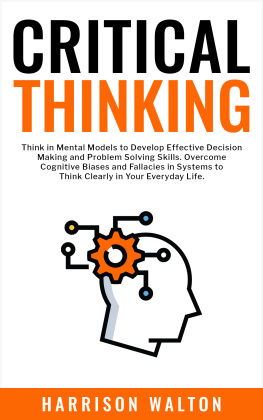
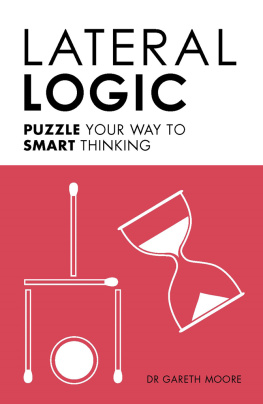

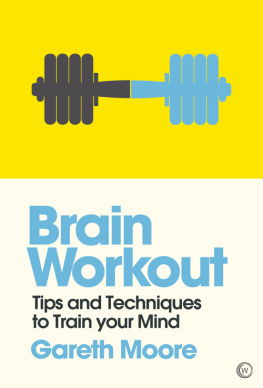
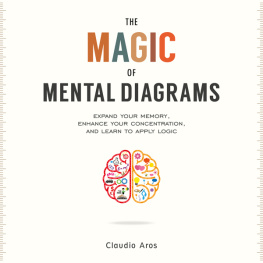
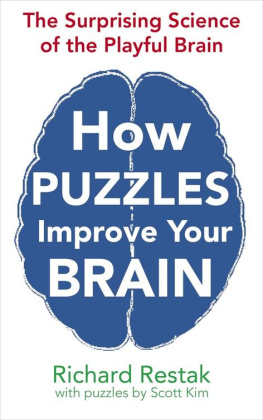
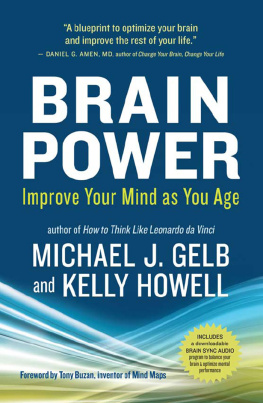

 Let us admit the case of the conservative : if we once start thinking, no one can guarantee when we shall come out; except that many ends, objects and institutions are doomed. Every thinker puts some portion of an apparently stable world in peril, and no one can wholly predict what will emerge in its place.
Let us admit the case of the conservative : if we once start thinking, no one can guarantee when we shall come out; except that many ends, objects and institutions are doomed. Every thinker puts some portion of an apparently stable world in peril, and no one can wholly predict what will emerge in its place.